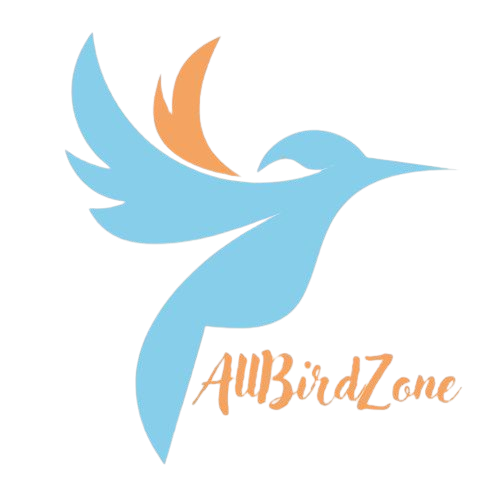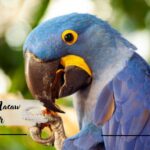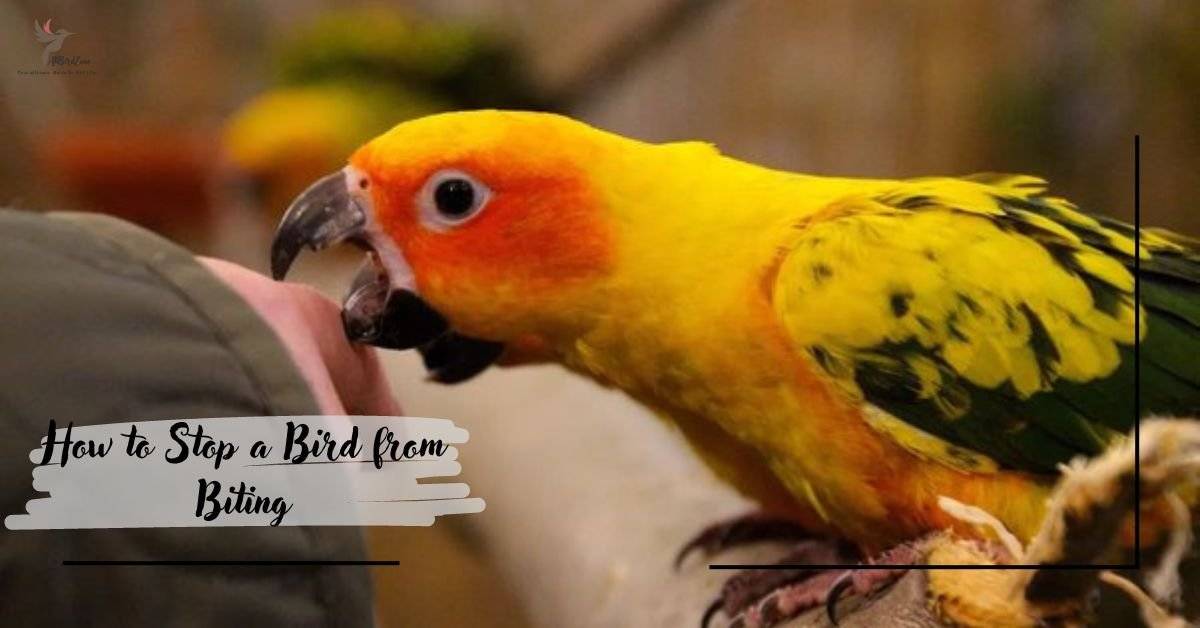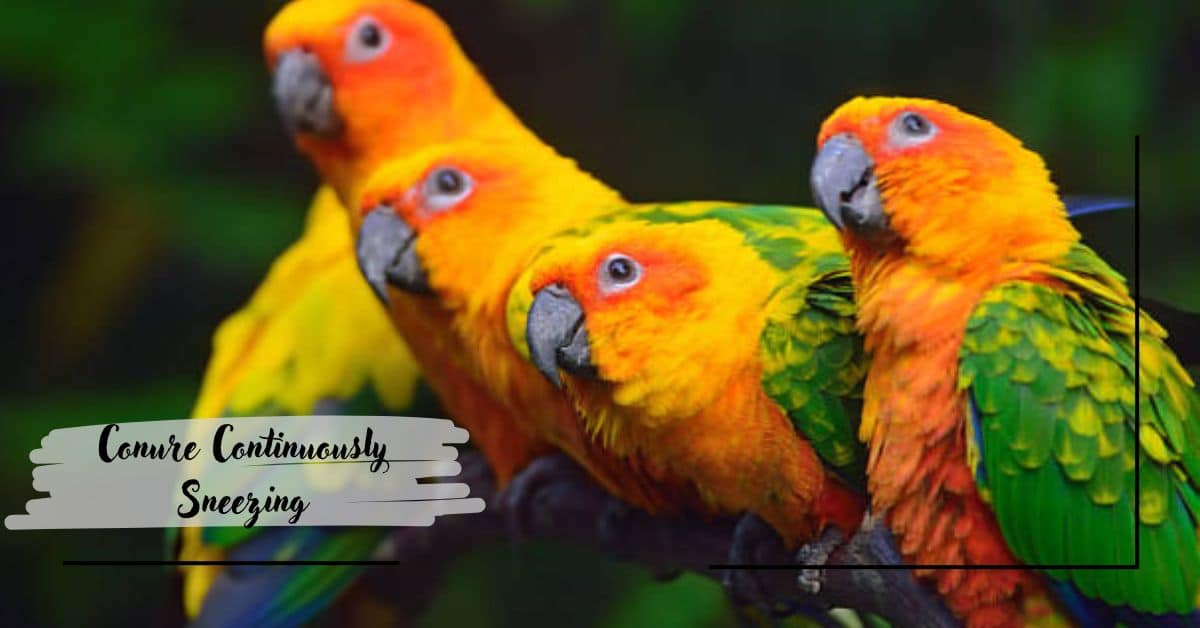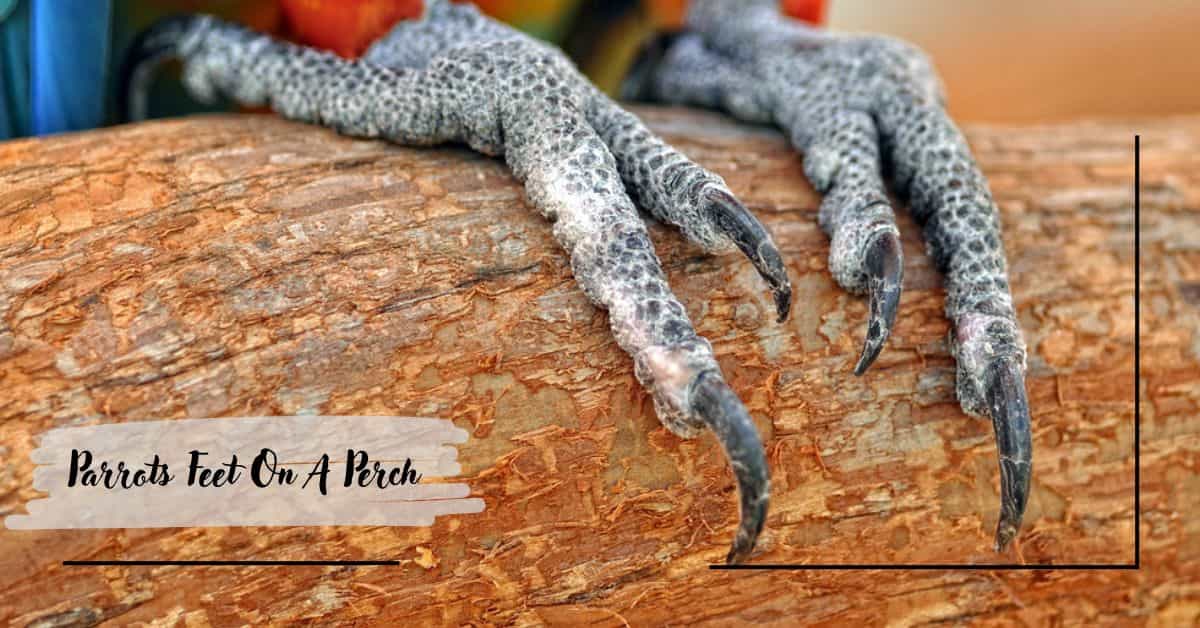How To stop a bird from biting? first, understand why it’s biting like fear or discomfort. Use gentle handling, respect its space, and offer rewards for good behavior. Gradually build trust and provide plenty of toys to keep it happy. If biting continues, consult a vet or bird behavior expert for additional help.
Transform your bird’s biting habits into loving nibbles with these simple, effective strategies that strengthen your bond and ensure happy, safe interactions.
What Causes Birds to Bite?
Fear or Stress:
Birds can become frightened by sudden movements, loud noises, or unfamiliar people. This fear triggers a defensive response, leading them to bite. For example, if a bird is startled by a vacuum cleaner, it might bite out of fear.
Defensive Behavior:
Birds have natural instincts to protect their territory or themselves. If they feel their space is being invaded, they might bite to defend it. For instance, a bird might bite if someone approaches its cage too quickly.
Hormonal Changes:
During the breeding season, birds experience hormonal changes that can make them more aggressive. This is a natural part of their reproductive behavior. A normally gentle bird might become more prone to biting during its breeding season.
Lack of Socialization:
Birds that haven’t been exposed to various people or situations may react by biting out of uncertainty or discomfort. For example, a bird that wasn’t handled regularly as a chick might bite when first introduced to new people.
When Do Birds Typically Bite?
During Handling:
Birds often bite during handling if they’re not used to being held or if they’re feeling stressed. When a bird is picked up suddenly or handled roughly, it may react defensively by biting. To avoid this, it’s essential to handle birds gently and gradually, allowing them time to get used to being touched. A bird that is accustomed to gentle handling will be less likely to bite out of fear or discomfort.
When They’re Sick or in Pain?
Sick or injured birds may exhibit increased biting behavior as a response to pain or discomfort. Health issues can make birds more irritable and sensitive. For instance, if a bird has a broken wing or is suffering from an illness, it might bite as a way to protect itself from further harm or due to the stress of its condition. Observing changes in behavior and seeking veterinary care is crucial to addressing the underlying health problems.
During Hormonal Changes:
Birds can become more aggressive and prone to biting during their breeding season or hormonal changes. This period, often seen in spring, can lead to heightened aggression due to increased hormone levels. For example, a parrot might display more nippy behavior or become more territorial during this time. Understanding these seasonal changes can help in managing and reducing biting incidents by providing extra care and patience during these periods.
Why is It Important to Address Biting?
Safety:
It’s important to address biting to keep both you and your bird safe. Bites can cause injuries that might get infected. By teaching your bird not to bite, you help prevent these injuries and make sure that both you and your bird can interact safely.
Bonding:
When a bird doesn’t bite, it’s easier to build a strong, trusting relationship with it. Positive interactions without the fear of being bitten help your bird feel more comfortable and secure. This makes your bond with the bird better and more rewarding for both of you.
Behavioral Improvement:
Fixing biting behavior helps your bird behave better overall. A bird that doesn’t bite is easier to handle and can learn new things, like tricks or enjoy playtime. This makes the bird more fun to be around and improves its overall behavior.
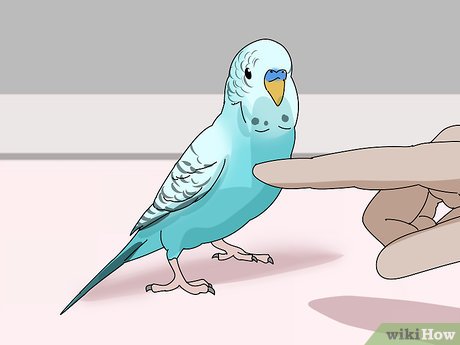
How to Prevent a Bird from Biting?
Understand Bird Body Language:
Recognizing signs of stress or discomfort can help you avoid getting bitten. Look out for tail flicking, puffed-up feathers, or aggressive postures. For example, if a bird flattens its feathers and backs away, it’s probably feeling threatened and might bite if approached.
Proper Socialization:
Introduce your bird gradually to new people and environments to help it feel more comfortable. Slowly letting the bird explore different rooms or meet new people can reduce its fear and make it less likely to bite.
Use Positive Reinforcement:
Reward your bird with treats or praise when it behaves well. For instance, if the bird stays calm and doesn’t bite while you handle it, give it a favorite treat. This encourages good behavior and reduces biting.
Respect the Bird’s Space:
Let your bird come to you on its own terms and avoid forcing interactions. For example, let the bird approach you while you sit quietly, rather than suddenly reaching into its cage. This helps prevent defensive biting.
Provide Enrichment:
Keep your bird mentally and physically stimulated with toys and activities. Rotate different toys and puzzles in its cage to keep it engaged and prevent boredom, which can lead to biting.
Training Techniques:
Use methods like clicker training to shape your bird’s behavior. For example, click when the bird displays calm behavior and follow with a treat. This helps the bird learn that good behavior is rewarded and reduces biting.
Consult a Professional:
If biting continues despite your efforts, seek help from a vet or avian behaviorist. They can observe your bird and offer tailored advice and solutions to address the biting behavior effectively.
Which Tools Can Help Manage Biting?
Bird Perches and Toys:
Providing a variety of perches and toys helps keep your bird’s energy in check and reduces the chance of aggressive behavior. For example, offering chew toys or climbing structures can keep the bird busy and less likely to bite out of boredom. Engaging toys gives the bird something to focus on besides biting.
Training Aids:
Training tools like clickers or treat dispensers can be very effective in managing biting. For example, use a clicker to mark when the bird is behaving calmly and follow with a treat as a reward. This helps reinforce good behavior and teaches the bird that calm actions lead to positive outcomes, reducing biting tendencies.
Frequently Asked Questions:
What if my bird bites during training?
If your bird bites while you’re training it, stay calm and don’t pull away suddenly. Gently remove your hand and let the bird relax for a moment. Try to figure out what might have caused the bite and adjust your training approach. Shorter, frequent sessions can help the bird get used to training.
How can I tell if my bird’s biting is because of a health issue?
If your bird starts biting more suddenly or seems sick (like not eating, having droopy feathers, or being very tired), it might have a health problem. Take your bird to a vet to check if it’s feeling unwell.
Can changing what my bird eats affect its biting?
Yes, what your bird eats can affect its mood. If the bird isn’t getting the right nutrients, it might become cranky or aggressive. Make sure your bird is eating a balanced diet and ask a vet if you’re not sure.
What if my bird bites in a house with other pets?
If you have other pets, make sure each one has its own space and watch them closely when they’re around each other. Introduce the bird to other pets slowly and safely. Give the bird a place to hide if it gets stressed.
How can I tell if my bird is about to bite?
Watch for signs like puffed-up feathers, a stiff look, quick tail movements, or if the bird is opening and closing its beak quickly. If you see these signs, give the bird some space before it can bite.
How long does it usually take for a bird to stop biting with training?
It depends on the bird and how consistent you are with training. Some birds may stop biting in a few weeks, while others might take longer. Be patient and keep working with your bird.
Can I use punishment to stop my bird from biting?
No, punishment like yelling or scolding is not good for birds. It can make them more scared and aggressive. Instead, use rewards like treats to encourage good behavior.
What should I do if a bite breaks the skin?
If a bite breaks your skin, wash the wound with soap and water, and put on some antiseptic. Watch for signs of infection, like redness or swelling. If the wound doesn’t heal or gets worse, see a doctor.
Conclusion:
Understanding why your bird bites and knowing how to manage it can make a big difference in your relationship. By staying calm, using positive training, and paying attention to your bird’s needs, you can help your feathered friend become more comfortable and less likely to bite. With patience and care, you’ll build a stronger bond and enjoy more positive interactions with your bird.
